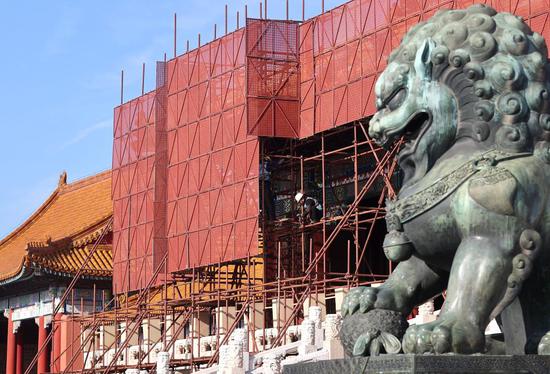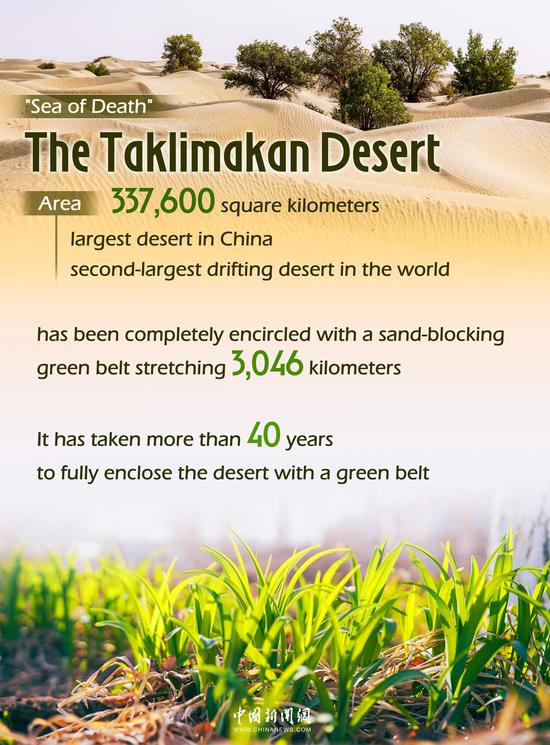The increasing number of African countries seeking to join the BRICS group signifies a strategic shift by the continent aimed at deepening its influence in the global community and securing new economic pathways for the future, analysts say.
With Ethiopia and Egypt being the latest African countries to join BRICS this year, Kenya's President William Ruto has also expressed interest in joining the group.
Experts have argued that BRICS is becoming increasingly attractive to African countries because it is guided by principles of sovereign equality, inclusiveness, strategic cooperation, and multilateralism. The growing affiliation with BRICS, especially by African countries, is also anchored in the perceived shortcomings of the global unipolar system, which is mostly dominated by the United States and European nations.
Aly Khan Satchu, a leading investment banker from Kenya, described BRICS as "a lodestar "for African countries, "in practically every case it makes sense for these countries to join".
"African countries need to dilute the influence of Bretton Woods institutions and escape the dollar stranglehold," he said. "By joining BRICS, increasing their bilateral trade and increasing settlement in local currencies, BRICS is a win for African countries."
On the other hand, Fredrick Ogola, CEO of the African Health and Economic Institute, a nonprofit research organization in Kenya, said that in the past, Kenya and many developing countries have depended on economic engagements with the West, whose economic architecture is biased toward developing countries while keeping poor countries poorer.
Ogola identified a number of ways African countries stand to gain by joining BRICS. The first advantage will be overcoming the debt cycle that Africa has developed with the West, which is choking economies.
Most of the debt advanced to African nations through Western institutions comes with punitively high interests, he said. So far, the China-proposed Belt and Road Initiative has proved that its loans have much lower interest than private Western lenders, he added.
Affordable prices
Working together with BRICS will also help African countries lower the cost of living, Ogola said. "This is because Africa can import products like wheat from India or maize from Brazil through government-to-government deals, thereby avoiding intermediaries while keeping the prices affordable."
Other areas that stand to flourish for African countries by joining BRICS include trade, especially in value-added and intermediate goods by moving away from the trade in raw commodities, he said. BRICS will also promote tourism, cultural exchange and knowledge and technological transfer.
In addition, the recent BRICS summit held in Russia provided an opportunity for emerging states such as Kenya to look forward to reinforcing relations and realigning their ambitions for multipolarity, Ogola said. At the same time, the summit outlined how the bloc can remain a strategic player in the changing international arena and avoid carrying on with a system that was never designed with Africans' input and does not treat Africa as a partner.
Kenya, for instance, is well-positioned to be a member of BRICS since it is the strongest economy in East Africa and enjoys a long-standing history of engagement with BRICS countries, Ogola added.


















































 京公网安备 11010202009201号
京公网安备 11010202009201号